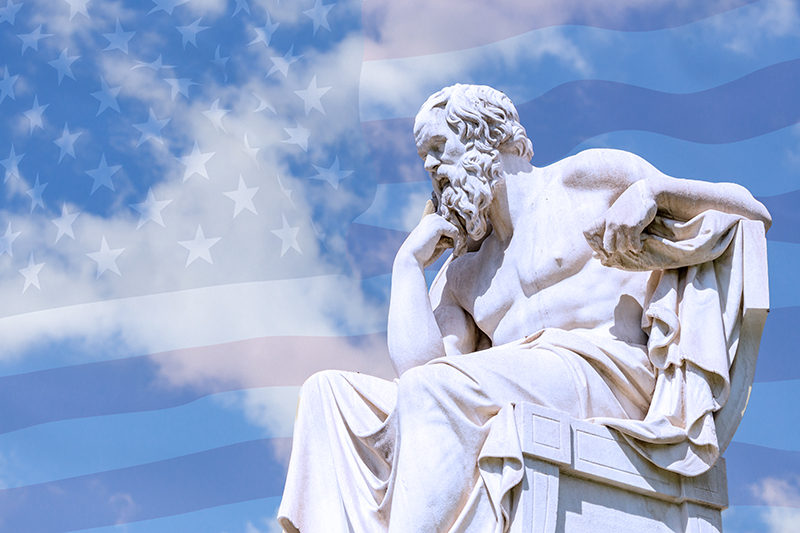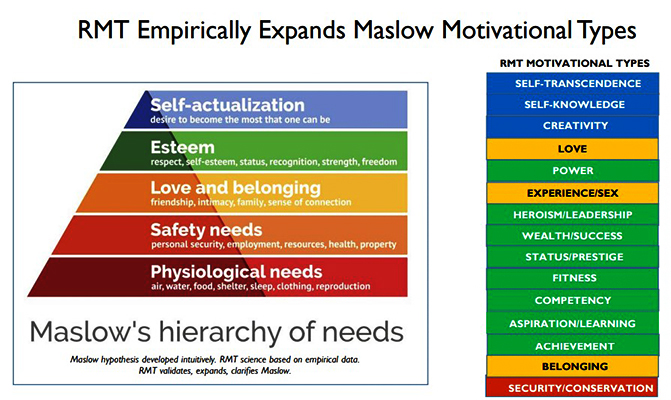Welcome to this week’s Bill Harvey Blog, May 2, 2025.

“Americans Haven’t Found a Satisfying Alternative to Religion”, Lauren Jackson writes in her article, and she cites Pew survey statistics to support her argument. In their flight from their childhood religions to everything from astrology to yoga, 92% of Americans still believe that something spiritual exists beyond the natural world. They increasingly feel, as Lauren does, that their current surrogates do not fulfil something still missing which they felt they got from religion.
She quotes from the latest US Pew findings that 36% of “religiously active” people describe themselves as “very happy” as compared with 25% of “religiously unaffiliated” people. “Religiously affiliated Americans are more likely to feel gratitude (by 23 percentage points), spiritual peace (by 27 points) and “a deep sense of connection with humanity” (by 15 points) regularly than people without a religious affiliation.” She also references Harvard research pointing to better health among the religiously affiliated segment. In other words, the absence of religion does not merely leave many people feeling a sense of something missing, that absence has other even more concerning side effects.
Ms. Jackson finds it a positive sign that the flight from religion is showing signs of levelling off, perhaps suggesting that the trend could reverse itself. Nonetheless the proportion of people in the US who identify themselves as Christian stands at 63% in 2024, which is where it was in 2019, as compared with 78% in 2007.
The same Pew survey linked above shows that 27% of religiously unaffiliated people say they have become more spiritual over the course of their lives, which could be another sign of a change in direction.
In my book A Theory of Everything Including Consciousness and “God” (2023), I postulated that in the absence of a scientific acceptance of the possibility of a God, the human race is left without a sense of purpose. Inevitably, we will devolve into a society of “cynicism, selfishness, egotistical self-centeredness, scarcity of wealth (only a few have it), power-mongering, hatred of ‘the other’, racism, xenophobia, fear, weapons of mass destruction, collapsing environment, dying species, fiat money, superficial [public] education systems, unmoderated platforms of social mass communication”.
In that book, I propose that—
Science and spirituality can be reconciled by admitting the real possibility that the entire universe is a single consciousness.
This is a real possibility because we know from each of our own personal experiences that consciousness exists, it is a real thing, each of us has it. If that is the case, then a much larger consciousness could also exist. Each of us could realistically be a part of that total consciousness. We might call that total consciousness “God”. And if we do, we are reconciling science and spirituality.
The religions within the domain of spirituality exist to translate the implications of the Oneness of reality in terms of what is right human behavior (ethics).
What, then, is one to do if one has the feeling of a need for something like religion, so as to feel belonging, to know what to believe, and how to behave? My model of reality could be a starting point.
However, as I write in that book, I do not recommend believing in anything. What I recommend is keeping one’s mind open at all times to the possibility that one is the Universe in the guise of one’s present role. Seeing in every moment whether that model helps explain what is happening to you, or not.
In terms of the sense of belonging, you might consider returning to a religion in which you felt happy, or trying out each religion that attracts you. Eventually, you may find a community of people with whom you feel a deep sense of belonging.
In terms of guidelines for behavior, this is one of the areas in which religions have probably in general, gone too far. The Ten Commandments and all of the words of Jesus do not micromanage us as strictly as many religions have done, and this was part of the cause for the flight from them. If my model of reality is correct, the Golden Rule suffices: since we are all really the same Being, one should treat everyone and everything else with love and respect.
However, I feel that the main cause of the flight from religion was not the restrictions it imposed. It was the intuitive sense for people living in the modern world that the picture of reality painted by the ancient scriptures did not ring true.
However, when looked at through the lens of the Universe as a single consciousness, everything in ancient scriptures suddenly makes more sense. I attempt to convey this in detail through my science fiction alternative history series, Agents of Cosmic Intelligence. In it, one sees how science and all of the events reported by ancient scriptures, and all of the religions, could be in perfect synch with one another. In the series Jesus, Abraham, Moses, Krishna, Buddha appear. Key scenes from the Bible appear. There is no deviation from scripture, yet is all consistent with quantum theory.
My hope is that at least the 92% of us who have a hunch that something spiritual exists—and maybe 100% of us—can feel more of a sense of common purpose and excitement at life by opening our minds to the possibility that we are all one Great Being together, channeling God through our acts of kindness and nobility.
Here is a video and a piece of music which evokes the unity of the spirit. Enjoy.
Love to all,
![]()




